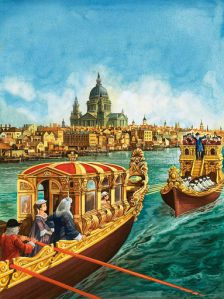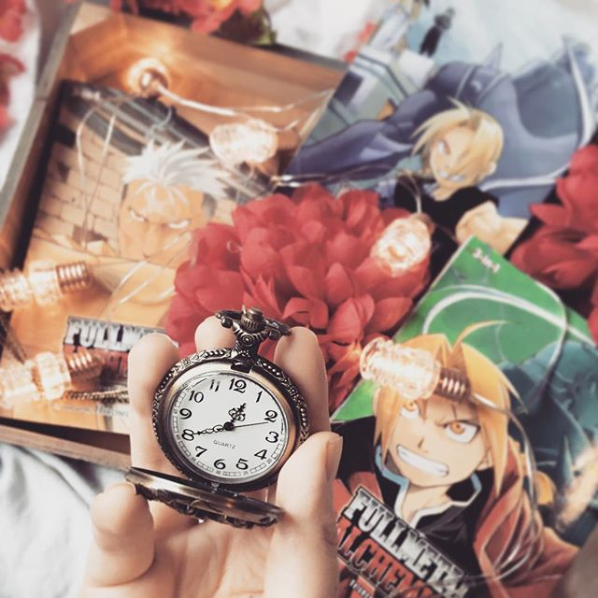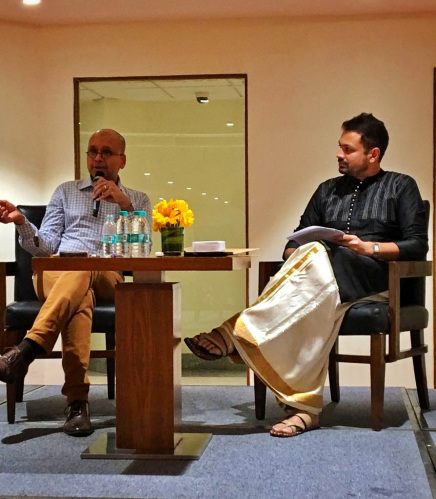
GOODREADS | AMAZON | BARNES & NOBLE | BOOK DEPOSITORY My thoughts
The Goldfinch by Donna Tartt
Publisher: Back Bay Books
Publication: April 7, 2015
Read from: Jul 23, 2016 – Dec 26, 2017
My rating: 2 of 5 starsSummary:
Theo Decker, a 13-year-old New Yorker, miraculously survives an accident that kills his mother. Abandoned by his father, Theo is taken in by the family of a wealthy friend. Bewildered by his strange new home on Park Avenue, disturbed by schoolmates who don’t know how to talk to him, and tormented above all by his longing for his mother, he clings to the one thing that reminds him of her: a small, mysteriously captivating painting that ultimately draws Theo into the underworld of art.As an adult, Theo moves silkily between the drawing rooms of the rich and the dusty labyrinth of an antiques store where he works. He is alienated and in love–and at the center of a narrowing, ever more dangerous circle.
The Goldfinch is a mesmerizing, stay-up-all-night and tell-all-your-friends triumph, an old-fashioned story of loss and obsession, survival and self-invention, and the ruthless machinations of fate.
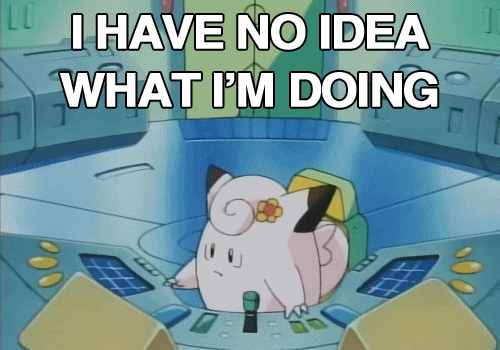
Like The Secret History, the main character looks back into the past to explain his story. It was more about the aftermath of the accident that killed his mother. It was told in such a way, as if Theo was speaking to the reader. He tells the reader what his mother was like or how the Goldfinch looked like the first time he saw it. And since Donna Tartt’s long descriptions contain an abundance of metaphors and other specific details, you’d think he was in love. When he first saw Pippa, he sounded delusional. He doesn’t even know the girl, yet he speaks as though he knew her (I guess he did, since he was recalling past). I don’t think I’m far off because this book depicts all kinds of love (e.g. friendship and parental love) and also borderline obsession. Actually, this book includes many themes not limited to: trauma, grief, unrequited love, etc. It’s a bit challenging to think of the plot in this novel especially since there’s too much plot. In a nutshell, one can write many books based on the themes and events in Donna Tartt’s novel.
Unfortunately, Theo spends most of his teenage (and adult life) being under the influence of drugs and alcohol. Needless to say, the novel becomes unmemorable, repetitive, and consuming to read. The only thing that truly saved this book was Tartt’s beautiful writing. I mean, I almost gave up. Some part of me wished that I did, but another part was glad that I finally read this ginormous book. It was divided into different parts in order to make sense of the story. But you have to remember that the plot isn’t currently happening, even if it feels as though you were with Theo at that moment experiencing sadness, loss, and first love.
The Goldfinch isn’t for everyone. It could be marketed for young adults when you read about Theo’s teenage years, but you eventually get tired because Theo almost never changes. He has very little to no character development. In the end, he was still obsessed with the Goldfinch (and Pippa). I think he connects the painting to both Pippa and his mother since all of these were present during Theo’s traumatic event as a child. It was difficult to read through the parts where he was bullied at school and at home (by his father). The absence of a parental and motherly figure contributed to Theo’s sad backstory. I guess the traumatic event (where his mother was killed) wasn’t enough…
But why would you want to read a depressing novel? Well, the platitude “there’s more than meets the eye” just fits. Years later, with the help of his friend who introduced him to drugs and alcohol (Boris), Theo tries to get his beloved painting back from some kind of underground mafia (at least, that’s how I describe it) that deals with ‘priceless’ objects. It was like a heist until Theo drowns himself in hard drugs to the point where he gets into a state where he thought he died. Did he die? It felt like he died. What if his soul is speaking from the grave? OMG.
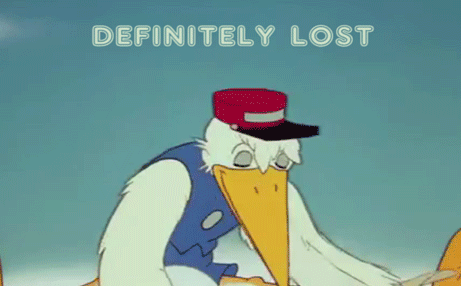
There’s some irony to this because Theo lies to his clients about the furniture he sells. He wasn’t selling rare antiques, yet he sells reproductions in exorbitant prices. Theo looks trustworthy, a good liar. At the same time, when he talks about these moments, it was as if he was in a daze. It was like he was under the influence of drugs (and yes, he was still taking drugs during this moment in his life). It could be depersonalization though, according to psychcentral.

Ultimately, some people/events are in fact connected. After the crazy heist and Theo feeling guilty about what he did (The Secret History style),

I got lost somewhere in my reading. Theo returned home. Plot gone. Then Theo went into some kind of “stream of consciousness” writing style. I call it babbling but others may call it introspection.
After putting this book down, I wasn’t amused/entertained. I was just slightly disappointed. I know I can never write something as beautiful as The Goldfinch but the last few pages weren’t something I was expecting. This is something I would never reread unless I was paid to do so. I don’t mind people saying I don’t have a ‘refined’ taste or I prefer to read YA books. We all deserve to read the books we enjoy. Actually, I did enjoy reading The Secret History. Unlike The Secret History, The Goldfinch felt somewhat disjointed. I guess, The Goldfinch was just not for me.
Have you read this book? Let me know down below in the comments! Advertisements Share this:

